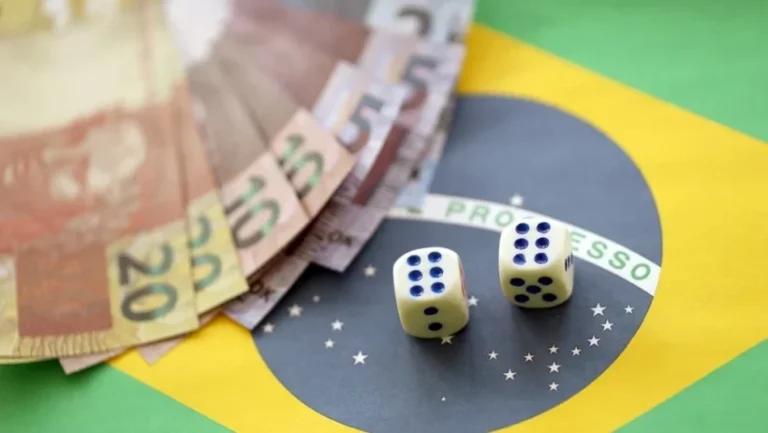🎧 Listen to This Article
Brazil’s government is moving forward with a significant tax increase on the licensed gambling sector, proposing a rise in the gross gaming revenue (GGR) tax rate from 12% to 18%. This 50% hike is formalized in Provisional Measure No. 1,303, amending existing gambling legislation. However, industry stakeholders are raising alarms over the financial viability of legal operators and the unintended expansion of the illegal gambling market.
The Tax Increase and Its Allocation
The new tax rate stipulates that of the 18% GGR tax, 6% will be earmarked for social security and health contributions, while the remaining 12% will be allocated across sectors such as sports and education. The provisional measure is effective immediately but awaits approval from Brazil’s Senate and Chamber of Deputies for permanency.
Finance Minister Fernando Haddad confirmed the government’s resolve to amend gambling laws to reflect this tax hike, which coincided with the revocation of a decree that would have increased the financial transaction tax (IOF) from 0.38% to 3.5%. To compensate for lost revenue, National Bank for Economic and Social Development President Aloizio Mercadante advocated the gambling tax increase.
Tackling Illegal Gambling
Beyond tax increases, the legislation targets illegal gambling, which continues to dominate approximately 60% of Brazil’s betting market. New amendments require internet providers and app developers to maintain direct communication with the regulatory Secretariat of Prizes and Bets, facilitating the closure of illegal platforms. Telecommunications companies are now prohibited from collaborating with black market operators and must implement internal procedures to curb illicit activity.
Additional measures empower authorities to sanction sites and entities involved in illegal betting and match-fixing, reflecting a comprehensive approach to strengthening market integrity.
Industry Concerns and Economic Impact
The Brazilian Institute of Responsible Gaming (IBJR) has vocally opposed the tax hike, warning that it jeopardizes the economic balance of licensed operators who have already invested heavily under the previous tax regime. IBJR highlighted that the legal market has paid over BRL 2.3 billion ($415 million) in licensing fees and argued that mid-license tax increases foster legal uncertainty and threaten public revenue.
IBJR also cautioned that raising the tax burden on legal operators risks expanding the illegal gambling market share from 50% to at least 60%, resulting in estimated annual revenue losses exceeding BRL 2 billion. They argue that the solution lies in combating illegality—not penalizing lawful operators.
Political Outlook: Potential for Further Increases
Despite industry pushback, Brazil’s Vice President Geraldo Alckmin indicated the possibility of even higher taxes. Speaking at a recent event, Alckmin suggested that Congress might support raising the GGR tax rate beyond 18%, potentially to 27%, to further protect public interests and prevent social harm.
Brazil’s gambling sector stands at a crossroads, balancing increased fiscal pressures against the threat of market contraction and illegal expansion. For industry participants and tax advisors, the evolving regulatory and tax landscape underscores the importance of agile compliance strategies and engagement with ongoing policy developments.
Social Media Posts
LinkedIn:
Brazil plans to raise gambling taxes from 12% to 18%, with possible further hikes on the horizon.
While the government aims to boost revenues and combat illegal betting, the industry warns of financial strain and market shrinkage.
Our latest analysis covers what this means for operators and regulators.
#BrazilTax #GamblingTax #BettingIndustry #TaxIncrease #Regulation #IllegalGambling
Twitter:
Brazil’s gambling tax hikes to 18% spark industry backlash & fears of illegal market growth.
Vice President hints at even higher rates.
Details:
#Brazil #GamblingTax #TaxNews #Betting



